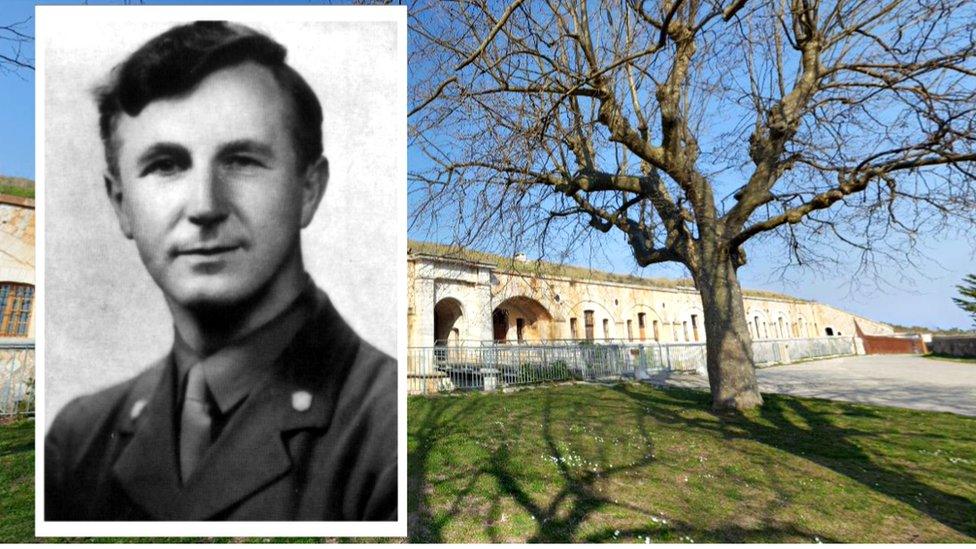First auxiliary air force squadron marks centenary
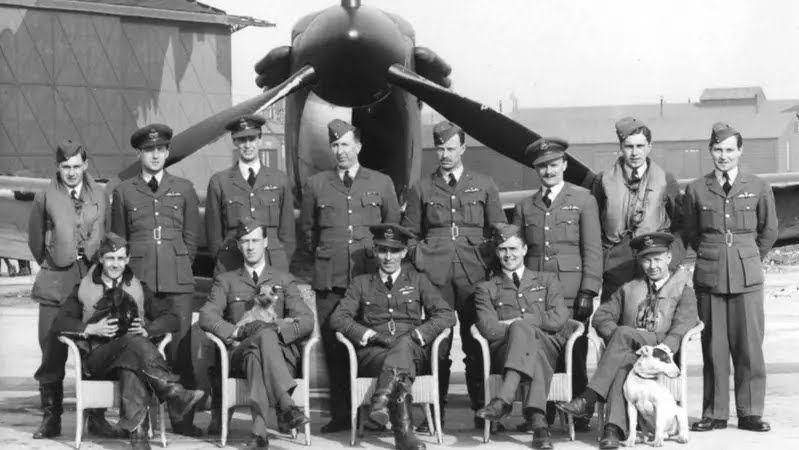
Pilots in the 602 (City of Glasgow) squadron, 1939-1940
- Published
A century after its formation, Scotland's legendary 602 (City of Glasgow) Squadron is marking 100 years of service with a weekend of commemorations.
Founded on 12 September 1925, it was the first unit of the newly created Auxiliary Air Force - a force made up entirely of reservists and the foundation of the modern RAF Reserve.
Based in Renfrew, the squadron quickly earned the nickname "Glasgow's Own," reflecting its deep ties to the city and the West of Scotland.
From flying bi-planes in the 1920s to supporting space operations in the 21st century, 602 Squadron has played a pivotal role in British military aviation history.
And to mark its special milestone the unit is being celebrated over three days in Glasgow.
The Lord Provost hosted a civic reception at the City Chambers on Friday.
It was followed by a barbecue at the squadron's Kings Park headquarters on Saturday.
On Sunday a joint service at Glasgow Cathedral will mark the centenary alongside the annual Battle of Britain commemoration.
Squadron Leader James Martin VR, Officer Commanding 602 Squadron, said he occasion was a "once-in-a-lifetime moment".
He said: "Our centenary celebrates the RAuxAF journey, and we continue to look forward to another 100 years."
Glasgow Lord Provost Jacqueline McLaren added: "I am honoured to mark the Centenary of 602 and immensely proud to say the city enjoys long and lasting links with the heroic and distinguished squadron."
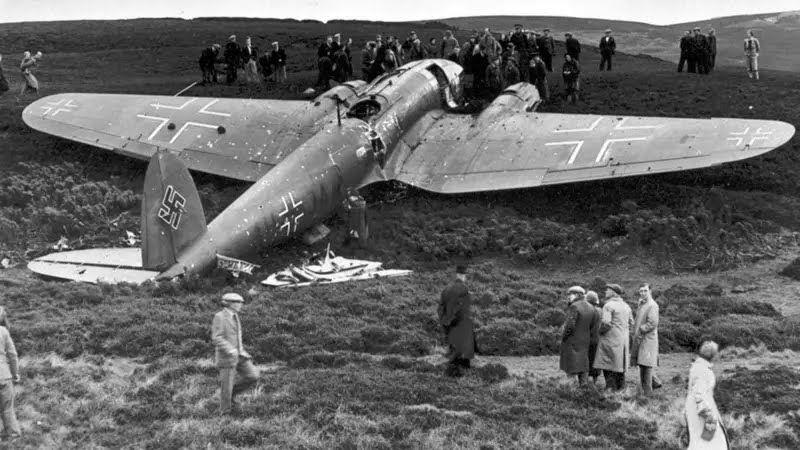
Squadron member Archie McKellar shot down a Heinkel HE-111 bomber.
In 1933, the squadron's commanding officer, the Marquess of Douglas and Clydesdale, alongside David McIntyre, made global headlines as the first men to fly over Mount Everest.
Their daring feat in open-cockpit aircraft placed Scottish aviation firmly on the world stage and helped inspire the founding of Prestwick Airport and Scottish Aviation Ltd.
On 16 October 1939, Flight Lieutenant George Pinkerton led the first interception of German bombers over the Firth of Forth, firing the opening shots of the air war over Britain.
Fellow pilot Archie McKellar downed a Junkers 88, marking one of the first enemy aircraft destroyed in UK airspace.
Twelve days later, McKellar struck again, bringing down a Heinkel He 111 near Humbie in East Lothian - the first German aircraft to crash on British soil.
Air Chief Marshal Sir Hugh Dowding praised the squadron's actions and declared: "Well done. First blood to the Auxiliaries."
During the Battle of Britain, 602 Squadron defended the skies over southern England before returning north to protect Clydeside during the Blitz.
It later flew bomber escorts, shipping strikes, and high-altitude missions from Orkney.
In 1944, the squadron supported the D-Day landings and carried out a daring low-level raid on the Shell Mex building in The Hague - a key German command centre.
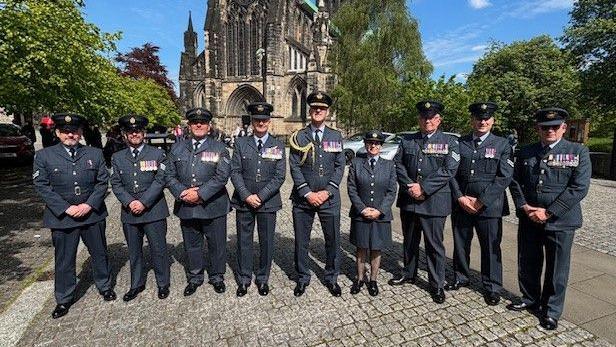
Nowadays the squadron provide expertise in intelligence, logistics, cyber, air operations and law.
Post-war, 602 transitioned into the jet age with Vampires and Meteors before being disbanded in 1957.
Re-formed in 2006 as a specialist support unit, today's 602 Squadron provides expertise in intelligence, logistics, cyber, air operations and law.
Its personnel have deployed worldwide - from Iraq and Oman to the Falklands and Gibraltar - and supported major domestic operations including the 2012 London Olympics and the UK's Covid-19 response.
Last year the squadron made history again by forming Scotland's first dedicated reserve Space Flight, working directly with UK Space Command to monitor threats in orbit.
- Published29 October 2019
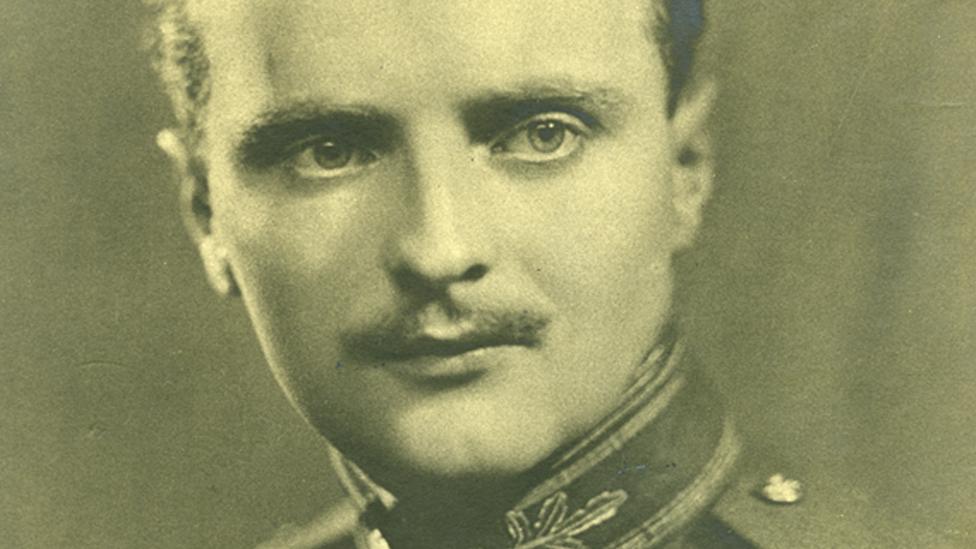
- Published28 October 2019
